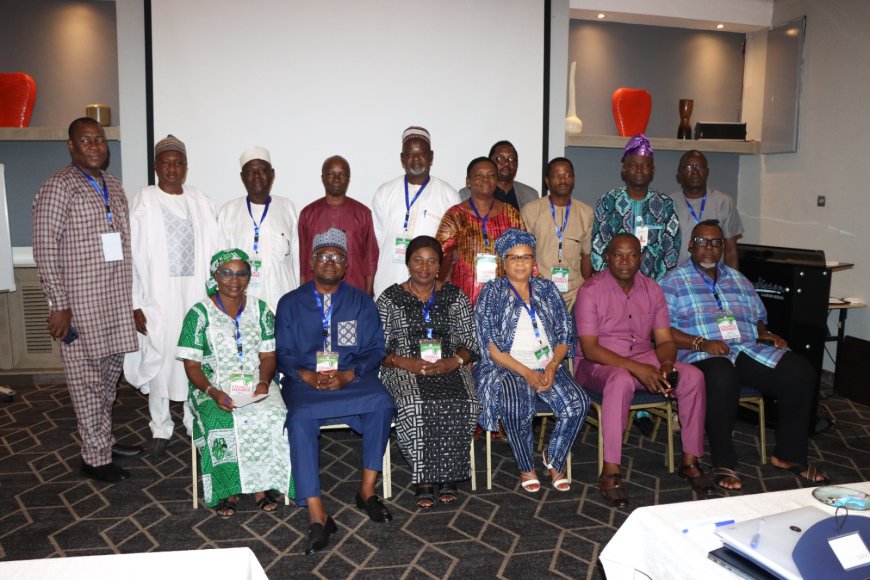133 m Nigerians impoverished in seven years...NCP

From Victor UDU, Lagos.
|
T |
he National Council on Productivity has reaffirmed that the two recessions between 2015 to 2021 resulted in a rise in unemployment and underdevelopment to an all-high level of 56.1 percent in 2020 and pushed about 133 million Nigerians into multi-dimensional poverty. Within the seven years of recession Nigeria's Gross Domestic Product, GDP averaged 1.1 percent according to records from the National bureau of statistics.
The Permanent Secretary, Ministry of Labour and Employment and Chairman in Council, Daju Kachollom, mni, quoting the bureau figures in his address to members of the national productivity council observed that though economic growth is not inclusive, the Nigerian economy faced key challenges of low productivity and the weak expansion of sectors with high employment elasticity.
According to Kachollom, another key feature of the economic focus and activity in the last eight years is the shift from oil earnings towards agriculture which expanded by 26 percent in 2021. Regrettably, though the agriculture sector soared, the manufacturing sector suffered great decline evidenced in foreign exchange earnings, limited number of jobs created and an import bill that can hardly be met or sustained by current export earnings, Kachollom stated.
He informed the council that intervention by government to the challenges of low productivity includes the establishment of institutional and legal frameworks to anchor policies and programmes targeted at entrenching productivity consciousness and enhancement in the Society. He noted that the Federal Ministry of Labour and Employment and the national productivity centre on their part have been at the forefront of this intervention with a view to monitor sectoral trends, conduct surveys as well as implement strategic initiatives aimed at improving Nigeria's global productivity ranking.
The Permanent Secretary stated that the conduct surveys NPC is one of the structures provided for in the national policy on Productivity along state Councils on Productivity and local government committees to give full effect to the implementation of the policy.
He said that though State Councils and local government committees are yet to be established, the inauguration of the national council on productivity in January, 2022 is enough evidence of government's recognition of the role of productivity improvement and unflinching commitment towards mainstreaming productivity consciousness into national development plans. He recalled that resolutions reached at the inaugural meeting proved beyond doubt that members of the national productivity council have a full grasp of issues contending with consolidating the gains of government aspirations.
Kachollom said the resolutions which hinged on various strategies ranging from stronger collaboration and synergy between relevant stakeholders to expanding membership of Council for effective performance also identified the need to strengthen the informal sector embedded core values into curriculum at all levels as well as develop productivity thematic areas for inclusion in the Medium - term National Development plan, MTNDP.
He reminded members of the great task ahead of them emphasising that with the challenges posed by insecurity, information and technological improvements, artificial intelligence, job outsourcing, new forms of employment relationships as well as the recent subsidy removal on petrol, there's the added urgency to come up with strategic road map and implementation framework which would be cascaded down to the grassroots to boost the already low productivity rates and enhance national development.












































